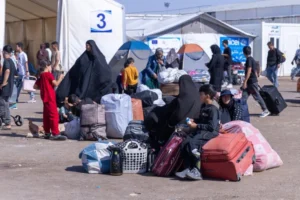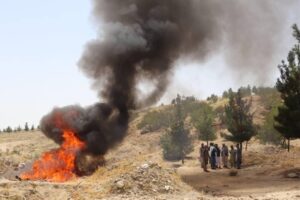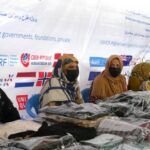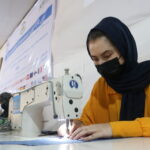The United Nations Women’s Division has recently announced that, according to a survey conducted by the organization, 92 percent of Afghans support the education of women and girls and oppose the stance of the de facto authorities on banning girls’ education.
In a statement, the agency said the survey was conducted through door-to-door interviews, covering the views of 2,190 Afghan citizens on girls’ education. The findings show that in rural communities, 87 percent of men and 95 percent of women support girls’ education, while in urban communities, 95 percent of both men and women are in favor.
The statement quoted Susan Ferguson, UN Women’s Special Representative in Afghanistan, as saying: “Almost always the first thing girls tell us is that they are eager to learn and only want a chance to go to school.”
Ferguson further emphasized: “Families have also said they want their daughters to have this dream. They know that literacy and learning can change the trajectory of a girl’s life in a country where half of the population lives in poverty.”
Sophia Calthorpe, Head of Humanitarian Affairs at UN Women, also said in a press conference that support for girls’ education among both men and women in Afghanistan’s rural and urban communities is “remarkable.”
She stressed that nine out of ten people included in the survey said they oppose the current government’s restrictions on girls’ education, adding that these restrictions do not reflect the views of the people.
According to findings from the UN Women’s Gender Alert report, 92 percent of respondents said that access to secondary education for girls is essential.
The report also stated that among men, 63 percent described a father who supports his daughter’s education as “pious,” which reflects their deep alignment with the right to education for girls.
UN Women further warned of the consequences of banning girls’ education and the restrictions imposed by the de facto authorities.
According to UN Women’s report, the impact of these restrictions goes beyond the economy and systematically undermines women’s ability to envision a future in which they can work, lead, and participate.
The Head of Humanitarian Affairs at UN Women called for concrete responses to Afghan women and girls in the face of these restrictions, describing the situation as one of the world’s greatest “tests” in the field of gender equality.













